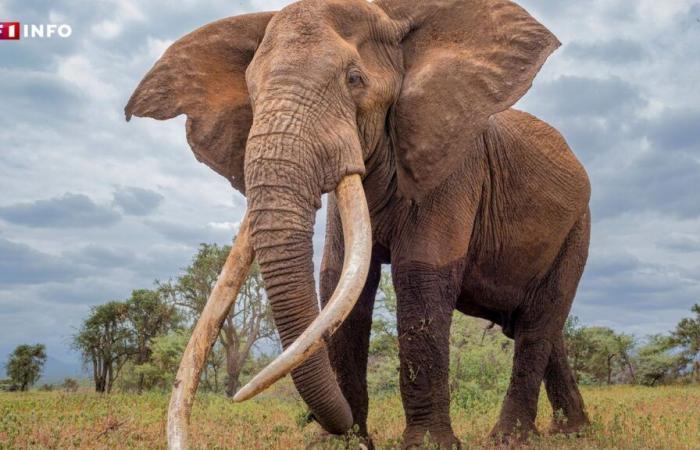A young 22-year-old Spanish woman died on Friday January 3 after being attacked by an elephant on a Thai island.
She was washing it when it attacked her.
39 similar tragedies were recorded in 2024.
The tourist attraction turned into a tragedy. Blanca Ojanguren García, a 22-year-old Spanish woman, was killed by an elephant (new window) this Friday, January 3, while she was on vacation in Thailand, on the island of Ko Yao Yai. The animal was bathing and being washed when it suddenly became agitated, reports British media Sky News (new window).
An attack due to the pressure felt by the elephants?
The victim, accompanied by her boyfriend, was in the water near the pachyderms, an experience very often offered to tourists in Southeast Asia. Although the circumstances are not yet very clear, one of the pachyderms suddenly stood up, striking the young woman with his trunk.
Blanca Ojanguren García was quickly taken to hospital, where she died a few hours later from her injuries. His body will be repatriated to his hometown, Valladolid, north of Madrid. No other injuries have been reported.
On Instagram, the former college where the student attended paid tribute to her: “Shocked by the passing of our former student, Blanca Ojanguren García, we join her family in prayer and affection. Always in our hearts, dear Blanca.”
Experts blame the stress on elephants caused by their proximity to the many tourists who come to admire them. The care center which took care of the animal in question nevertheless ensures on its website that it provides everything “love” et “attention” necessary for animals. The establishment will remain closed until further notice, its owner told local media. According to him, 18 people were participating in the activity at the time of the accident.
-
Read also
In China, an elephant gets lost and damages cars
This type of attack is not as rare as you might think. According to the National Parks Department, 240 people have died in Thailand since 2013 in elephant attacks, mostly in the wild. Nearly 7,000 specimens live in the country, around half of which are in captivity.






